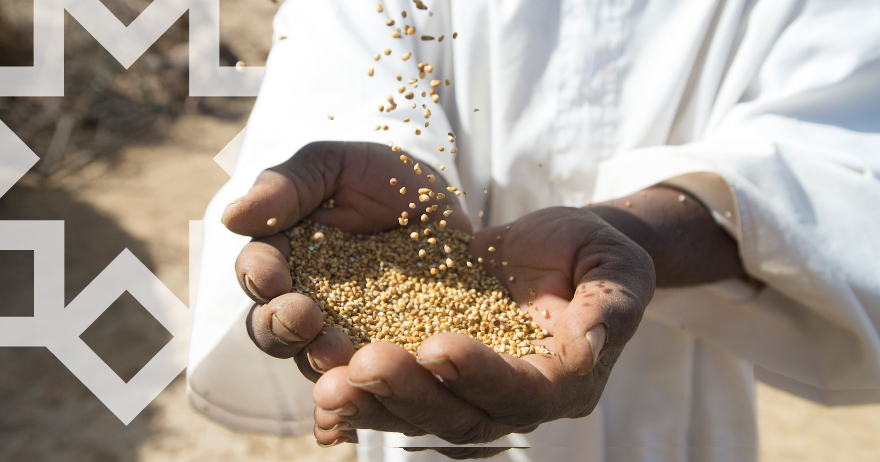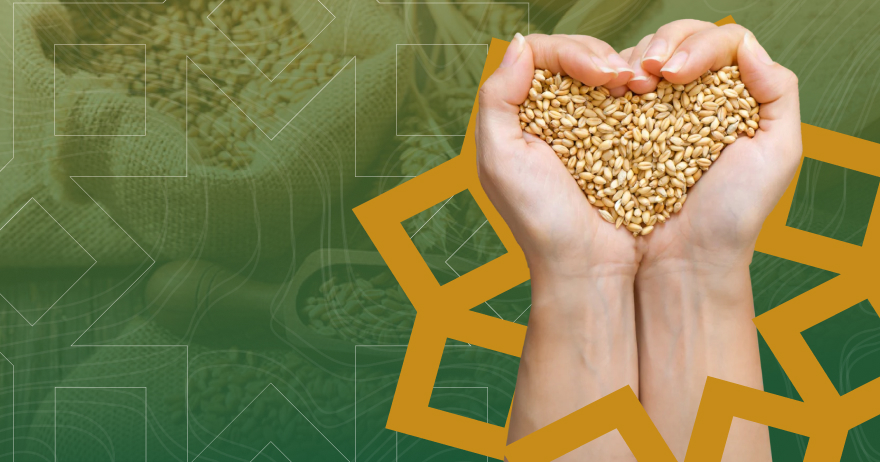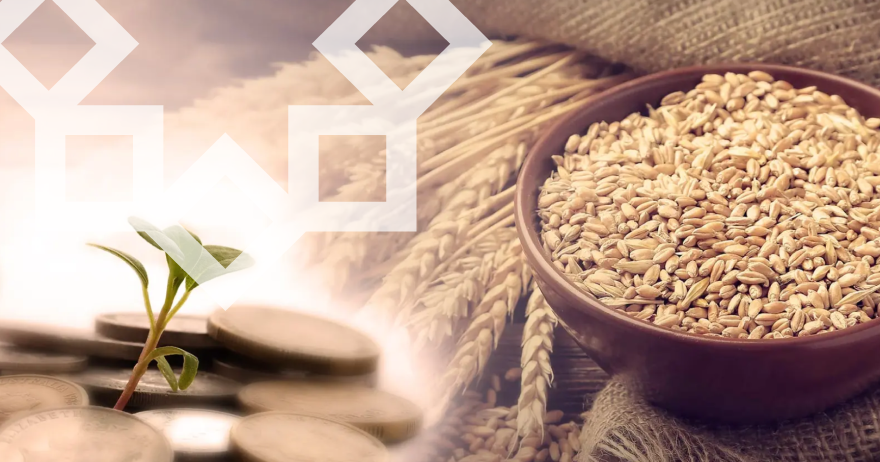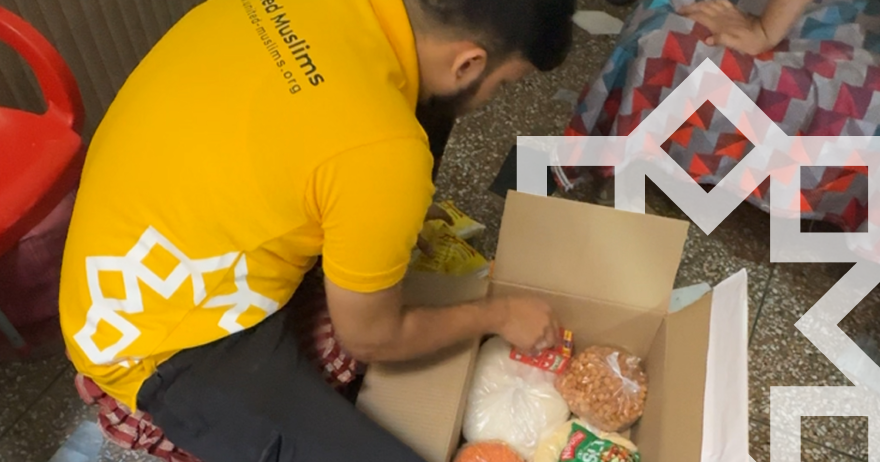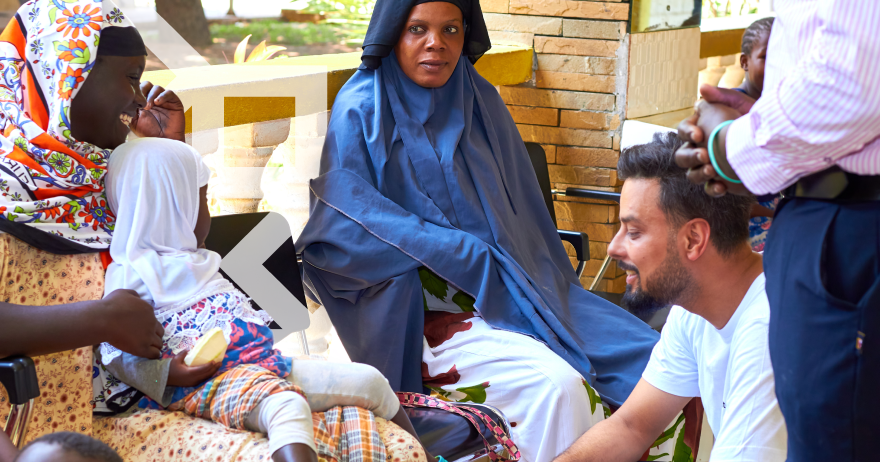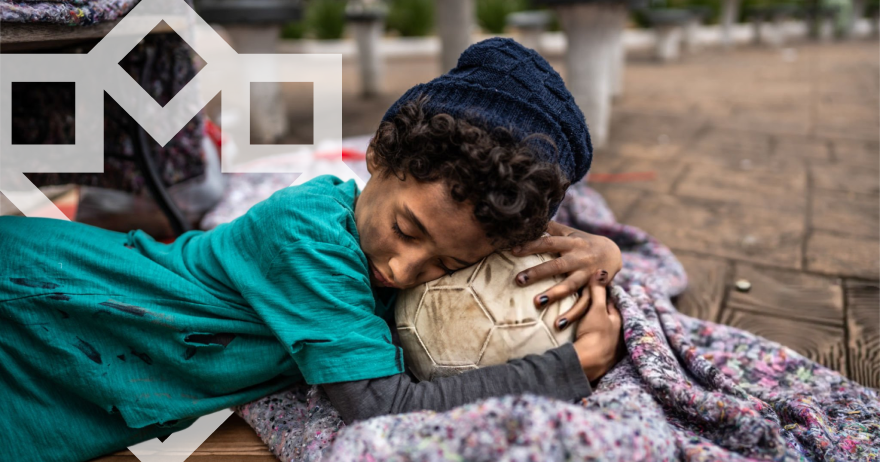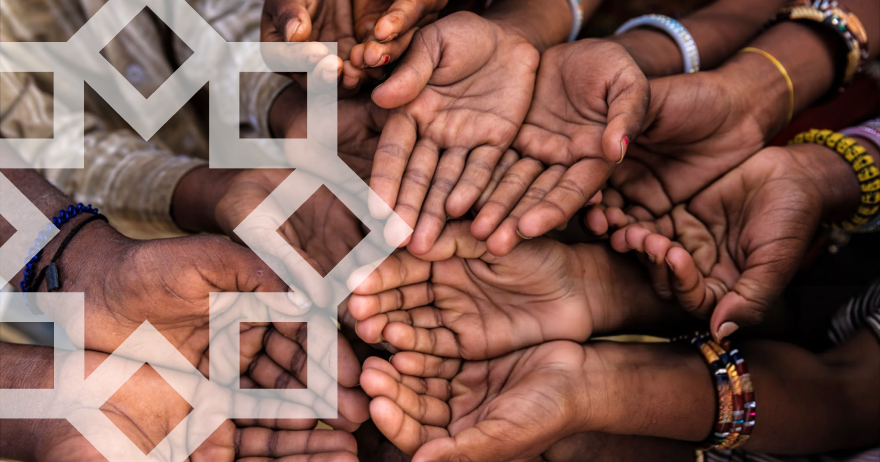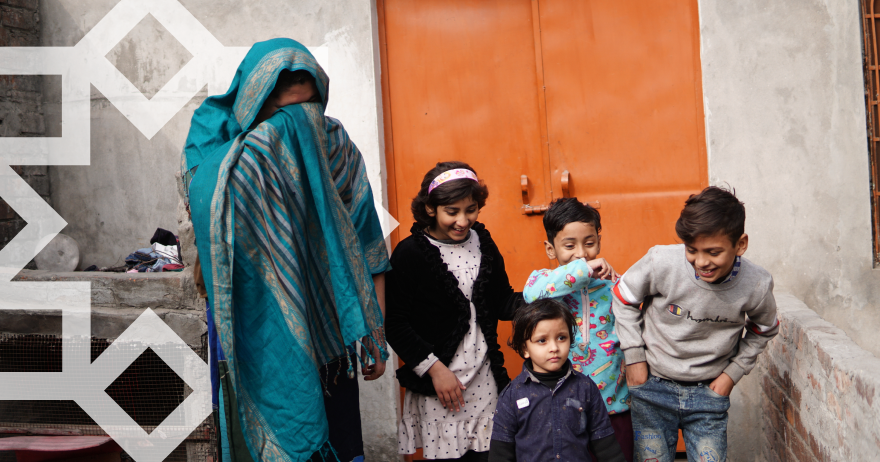The Historical Impact of Zakat in Islamic Societies and Civilisations
Zakat has always been more than just an obligation; it has shaped societies, supported communities, and ensured justice for those in need. From the golden era of Islamic civilisations to modern-day charity efforts, Zakat has been a driving force in reducing poverty, fostering economic stability, and strengthening social bonds. It is a system built on compassion and fairness, creating a lasting impact across generations.
A Legacy of Giving
Zakat has been a fundamental part of economic stability in Islamic societies for centuries. It was not just an individual obligation but a vital system that contributed to the well-being of the wider community. Islamic empires ensured Zakat was collected and distributed efficiently, funding essential services such as education, healthcare, and welfare for the less fortunate.
During the Abbasid Caliphate, Zakat played an important role in establishing public hospitals, orphanages, and schools. Similarly, the Ottoman Empire had a well-organised system that used Zakat to support infrastructure, feed the poor, and ensure no one was left behind. This spirit of charity, generosity, and community support continues to inspire Muslims across the UK and around the world today.
Zakat: Supporting Communities Through the Ages
Zakat has always been a powerful tool for promoting social justice. It has supported the oppressed, helped widows and orphans, and even freed those enslaved. The principles of Zakat ensured that wealth did not stay in the hands of a few but rather circulated throughout society to elevate those in need. This commitment to ensuring no one is left behind is evident throughout Islamic history.
Even today, in regions facing crisis, such as Palestine, Zakat-funded global charity efforts continue to provide food, clean water, and essential aid to struggling families. By giving Zakat, Muslims uphold a tradition of compassion and social responsibility that has shaped civilisations and significantly impacted communities worldwide.
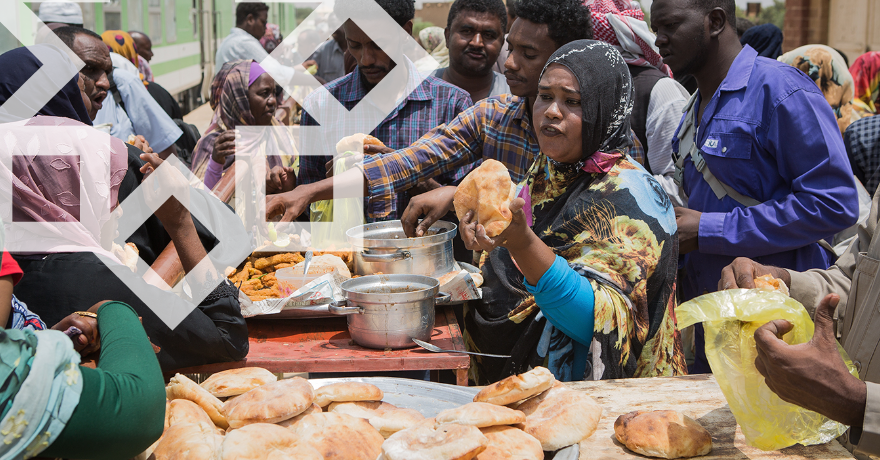
Zakat in Early Islamic Society: The Foundation of Wealth Distribution
Zakat was established as a fundamental pillar of Islam from the beginning, designed to ensure wealth is fairly shared within the community. The Prophet Muhammad (peace be upon him) and his companions implemented structured systems for collecting and distributing Zakat. This system ensured the poor, orphans and those in need received their rightful share. This framework laid the foundation for a more balanced society with shared prosperity.
The system of Zakat was institutionalised during the rule of Caliph Abu Bakr (RA), who ensured its proper collection and distribution. It was a structured approach to wealth redistribution, ensuring that resources reached those in need. Under Caliph Umar ibn al-Khattab (RA), Zakat funds were used to support the poor, travellers, and those in debt, demonstrating its pivotal role in maintaining social balance.
Join a tradition that empowers communities and brings hope to those facing hardship.
Donate your zakat
Fulfil your obligation today – give Zakat and be a source of hope for those in need!
The Golden Age of Islam: Economic Growth and Social Welfare
The Abbasid and Umayyad Caliphates marked a time of remarkable prosperity and intellectual growth, with Zakat playing a pivotal role in this progress. It was institutionalised to fund essential public services like hospitals, schools, and infrastructure. The wealth generated was used to support scholars, promote scientific innovation, and lay the foundation for some of the world’s first welfare systems.
Zakat was not just a charitable donation; it was a tool for sustainable growth and development. In regions like Al-Andalus and the Abbasid Caliphate, Zakat played a key role in supporting scholars and advancing scientific knowledge. This system of giving did not just support individuals; it helped the entire society progress and thrive.
Zakat in the UK: Keeping the Tradition Alive
In the UK, Zakat remains a powerful force for good. Muslims continue to donate their Zakat through trusted organisations that support causes such as food distribution, clean water access, and education. These donations ensure that the tradition of Zakat is upheld, even in a modern, multicultural context.
One of the most significant causes for UK-based donors is Palestine. Many Muslims in the UK contribute to charity initiatives, providing emergency relief, rebuilding efforts, and much-needed humanitarian aid. Zakat also supports local initiatives, such as supporting food banks, providing shelter for the homeless, and contributing to water charity projects. Whether it is helping local communities or international causes, Zakat continues to make a meaningful difference, just as it has for centuries.
Bringing hope through small acts of kindness—a meal, a helping hand, or a gift can light up a child’s day.
Your Role in Continuing This Legacy
Every time you donate Zakat, you are not just fulfilling an obligation; you are becoming part of a tradition that has empowered communities for centuries. Whether you donate to the charity of your choice, help those struggling with poverty, or support humanitarian aid, your actions echo the generosity of past Islamic civilisations.
If you are planning to give Zakat this year, United Muslims makes it easy to ensure your donation reaches those who need it most. By donating, you are contributing to the ongoing mission of Zakat, which is supporting the less fortunate and building a more united, compassionate world.
Fulfil Your Zakat Today and Join Us in Making a Difference
Zakat is more than just a simple act of charity. It is a long-standing tradition that continues to shape societies and communities. By giving your Zakat, you join a movement of Muslims worldwide who are committed to making a meaningful difference.
Together, we can continue the legacy of Zakat and bring hope to those who need it most!


